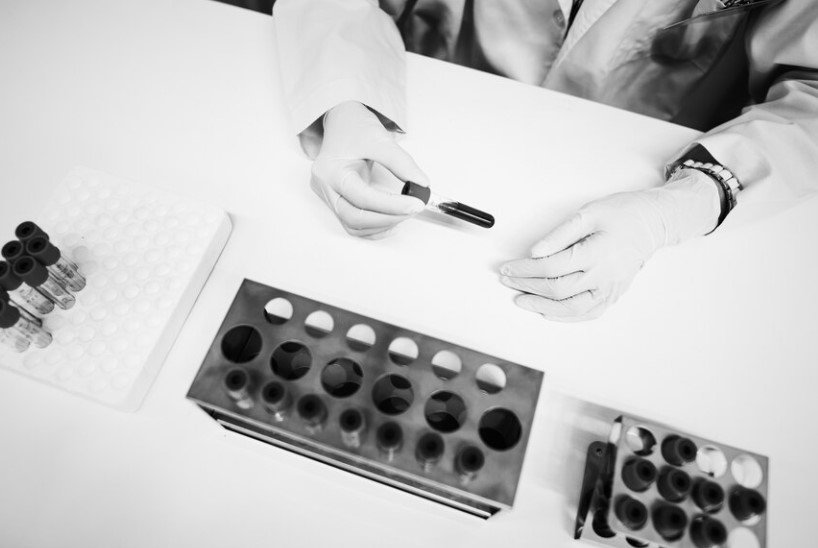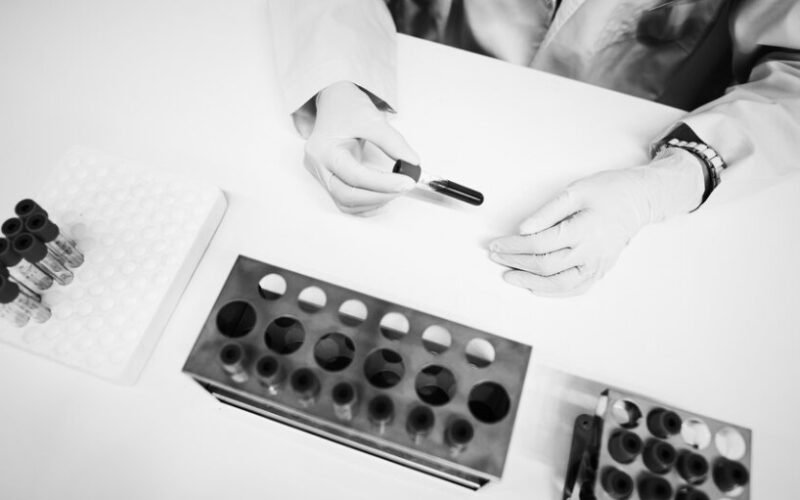For the first time, researchers have begun administering LSD to patients in a Phase 3 clinical trial, a historic step in testing whether the psychedelic compound can effectively treat generalized anxiety disorder (GAD). The trial, spearheaded by drugmaker MindMed, comes after years of promising data, bringing the controversial substance closer to mainstream medical use.
MindMed’s new trial, dubbed Voyage, aims to evaluate the effects of its proprietary LSD product against a placebo in a scientifically rigorous setting. The study will enroll approximately 200 participants across the U.S., with a second trial, Panorama, expected to launch in the U.S. and Europe in the first half of next year.
The Science Behind the Study
MindMed’s formulation, known as MM120 ODT (lysergide D-tartrate), is an optimized, dissolvable oral tablet version of LSD. Researchers hope the drug will demonstrate sustained benefits for anxiety symptoms. This new trial builds on previous research: a Phase 2 study found that a single oral dose of LSD led to “clinically and statistically significant” reductions in anxiety scores. The results were striking—65% of participants showed a clinical response, while nearly half achieved clinical remission within 12 weeks.
The Food and Drug Administration (FDA) took notice, granting MindMed’s LSD product “breakthrough therapy” status in March. This designation is reserved for treatments showing extraordinary therapeutic potential, especially for conditions where current options fall short.
Dr. Daniel R. Karlin, MindMed’s Chief Medical Officer, described the Phase 3 trial as a pivotal moment. “Our Phase 3 studies are designed to adhere to the highest clinical and ethical standards,” Karlin said in a statement. “We’re addressing the needs of over 20 million people in the U.S. who live with GAD.”

What Makes This Trial Different?
The Voyage study is groundbreaking not just for its subject matter but also for its design. The trial will unfold in two parts over a 12-month period:
- A 12-week randomized, double-blind, placebo-controlled phase – Participants will receive either the LSD-derived MM120 ODT or a placebo to assess its effects on anxiety symptoms.
- A 40-week open-label extension phase – After the initial period, participants will have the option to continue receiving the drug based on the severity of their symptoms.
One challenge researchers face with LSD trials is the drug’s noticeable psychoactive effects. Participants can often tell whether they’ve received a placebo, which could skew results. To counteract this, the trial employs “best-in-class methodologies,” according to investigator David Feifel, professor emeritus at the University of California San Diego. Feifel emphasized the role of independent, blinded raters in assessing outcomes. These raters are unaware of treatment assignments or visit sequences, reducing potential bias.
Additionally, the study isolates MM120 ODT’s effects from any accompanying psychotherapy to ensure the drug’s impact is evaluated independently.
Why LSD for Anxiety?
Generalized anxiety disorder is a chronic condition that affects millions worldwide. Current treatments, such as antidepressants and therapy, work for some but often fall short, leaving many patients searching for alternatives. Psychedelics like LSD, psilocybin (the active ingredient in magic mushrooms), and MDMA have emerged as promising candidates in recent years.
The resurgence of psychedelic research comes after decades of stigma and restrictions following LSD’s countercultural association in the 1960s. Today, however, the medical community is taking a fresh look, driven by mounting evidence that these substances can deliver profound therapeutic benefits when used responsibly.
One reason LSD holds promise is its unique effect on serotonin receptors in the brain. By temporarily altering perception, cognition, and emotional processing, LSD may help patients confront and reframe anxiety triggers in ways traditional medications cannot.
“Breakthrough drug status for psychedelics like LSD, MDMA, and psilocybin signals a real shift,” said a researcher familiar with the field. “We’re finally recognizing their potential for mental health treatment.”
What’s Next for Psychedelic Medicine?
With the Voyage trial underway and Panorama set to follow, LSD research is entering a critical phase. Success in these Phase 3 trials could bring the drug closer to FDA approval, clearing a path for its use as a mainstream treatment for anxiety.
In recent years, MDMA-assisted therapy for PTSD and psilocybin treatments for depression have also reached advanced stages of testing. Each success story fuels optimism that psychedelics could revolutionize mental health care.
For now, MindMed’s study stands out as the first of its kind to evaluate LSD in such a rigorous, large-scale format. If the results mirror earlier trials, millions of anxiety sufferers may soon have a groundbreaking new option.
This historic trial is more than just a milestone—it’s a sign of changing attitudes in science and medicine. Psychedelics, once dismissed as counterculture curiosities, are now being explored as serious tools in the fight against mental health disorders.




